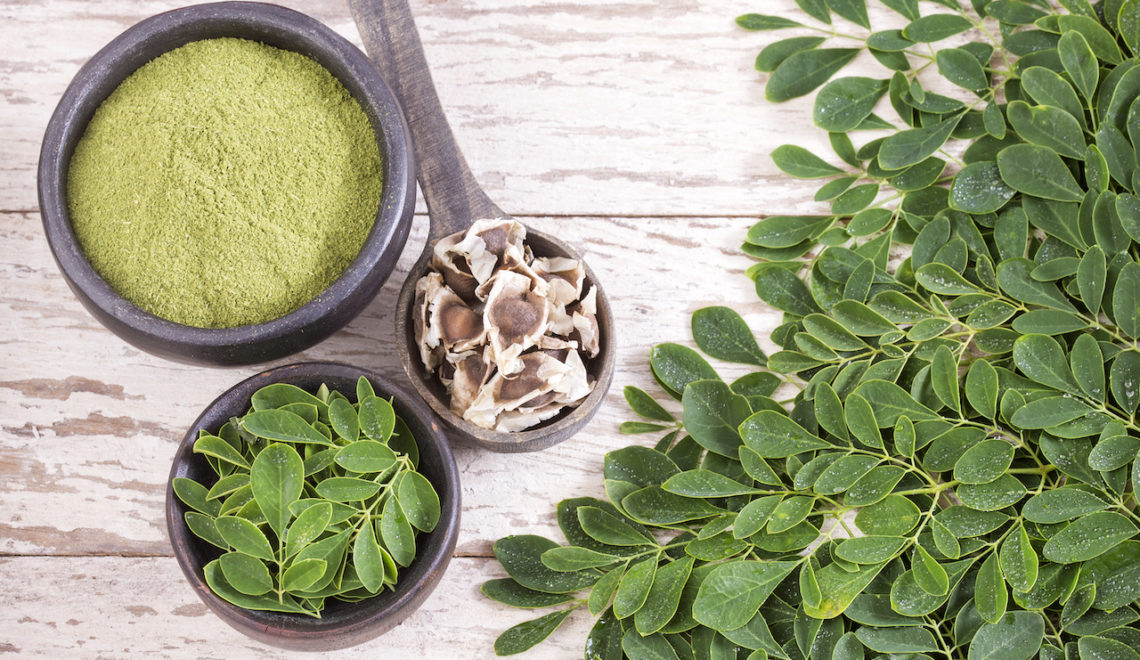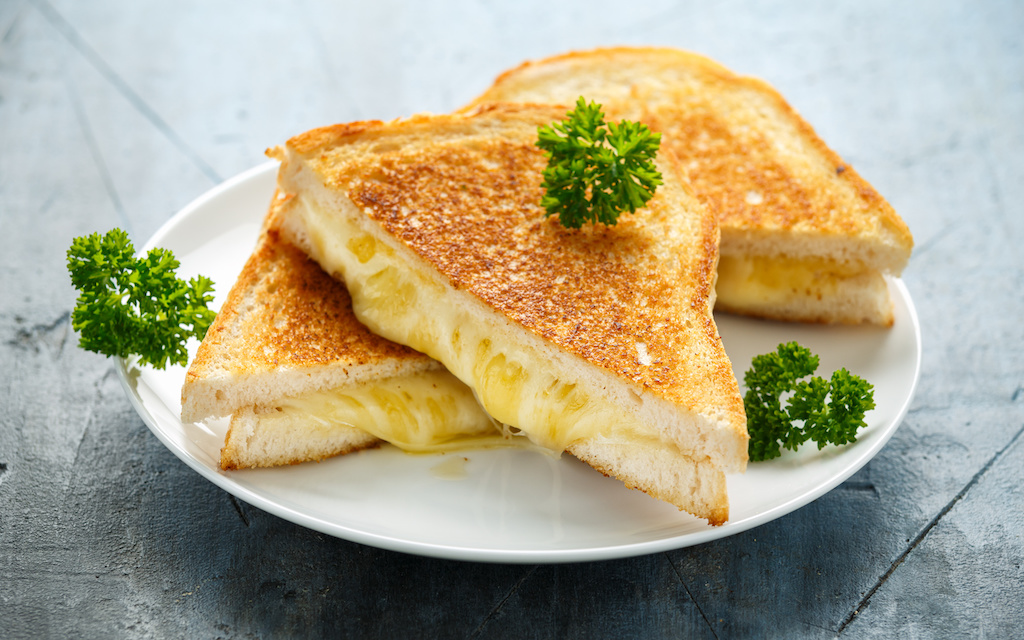
Artificial sweeteners first became accepted during World War II as replacements for existing sweeteners. Because there was a sugar shortage, artificial sweeteners enabled firms to distribute the same products with the same sweet tastes. Products, especially many beverages, that contained a fraction of the calories and only marginal difference in taste were now available to the public. Said to be a healthier alternative to natural sweeteners and other caloric sweeteners, Americans have been encouraged to purchase low-calorie and low-sugar products as a means of weight management. However, is swapping our sugary sodas out for their diet counterpart really the answer?
The Five Artificial Sweeteners
The Food and Drug Administration (FDA) has approved five different artificial sweeteners as “safe” (aspartame, acesulfame, neotame, saccharin, and sucralose); however it is evident that although we have been made to believe that consuming these additives as a means of restricting calorie intake is beneficial, it is actually quite detrimental to our diets. While results are inconclusive for the most part, artificial sweeteners still seem to be linked to weight gain. Therefore, the answer to our previous question must be no – diet sodas are no better for us than their sugary counterparts. It seems the only real way to combat the obesity epidemic in the United States is not by replacing our ingredients with artificial sweeteners, but by swapping out these sweets entirely for a more balanced regimen.
While artificial sweeteners may be able to fulfill someone’s sweet tooth without the added calories, they are not necessarily beneficial when it comes to adopting a healthier lifestyle. It has been shown that consumption of beverages containing sugar substitutes may even be a cause for people’s desire to overeat. Our appetite is actually enhanced after consuming products with sweet tastes, and artificial sweeteners are even sweeter than natural sweeteners so it may be inferred that sugar substitutes would enhance the appetite more than a natural sweetener would. In fact, during a study conducted at Yale, artificial sweeteners were shown to increase hunger ratings, and heighten participants’ motivation to eat.
The Brain’s Response to Sweetness
One reason the consumption of artificial sweeteners has been linked to overeating has to do with the way our brain’s receptors respond to them versus how it responds to natural sweeteners. It is stated, “Sweetness decoupled from calorie content offers partial, but not complete, activation of the food reward pathways”. In other words, our brain receives a certain satisfaction when we consume foods and beverages that are naturally sweet and rich in calories. However, when we experience the sweetness of things without consuming any calories, our food reward pathway is activated to a much lesser extent.
Other Dietary Issues
Another reason those who consume artificial sweeteners may tend to overeat more has to do with the overall nutritional value of the things they are choosing to put in their mouth. While there is debate over the correlation between artificial sweeteners and weight loss, artificial sweeteners are associated with calorie-restrictive diets. These diets often fail to provide the necessary energy, and as a result, people consuming products with artificial sweeteners may find themselves overeating in order to compensate for their fatigue.
Additionally, it is important to note that artificial sweeteners are used to take the place of other sweeteners as a means of lowering the amount of given calories. So, if a person is consuming a greater quantity of foods or beverages containing artificial sweeteners it is an indication that they have developed a palate for foods high in sugar and calories, and are looking for a way to lose weight while still consuming foods and beverages they know to be unhealthy. However in the end, there is no real effort to incorporate new foods and beverages that have substantial health benefits.
Risk of Weight Gain
During the early development and distribution of artificial sweeteners, there was a lot of controversy and deliberation as to whether or not they were actually safe, as there was a lot of speculation that they were potentially carcinogenic. Ultimately they were obviously not outlawed, but this alone is reason enough to be concerned about consuming them. Additionally while the studies lead by the National Institute of Health (NIH) drew a variety of conclusions, it was clear that additionally there was a general correlation between the consumption of sugar substitutes, especially in soft drinks, and factors that were related to weight gain (i.e. developing a higher BMI, an overall higher calorie intake, weight gain, etc.). So, in addition to the possibility of cancer, by drinking beverages with artificial sweeteners you would also be putting yourself at risk for unnecessary weight gain.
The NIH also noted that many children that were drinking these beverages were doing so as a result of their parents’ attempt to satisfy their own cravings while also making a concerted effort to instill healthier habits in their children. However in my opinion I believe these efforts should have been directed towards developing an appreciation for healthier foods that contain calories and can be used as proper fuel. Though I understand the delusion associated with the lack of calories contained in artificial sweeteners, it makes much more sense to me to look towards natural foods and beverages that don’t need any alteration to be of benefit to our health.
References:
American Heart Association. (2014, March 9). Non-Nutritive Sweeteners (Artificial Sweeteners).
Retrieved from: http://www.heart.org/HEARTORG/GettingHealthy/NutritionCenter/Artificial-Sweeteners_UCM_305880_Article.jsp
Brown, Rebecca J., De Banate, Rother (2010). Artificial Sweeteners: A systematic review of metabolic effects in youth. NIH Public Access Author Manuscript, 5(4): 305-312
Yang, Qing (2010). b. Gain Weight by “going diet?” Artificial sweeteners and the neurobiology of sugar cravings. Yale Journal of Biology and Medicine 83, 101-108.










